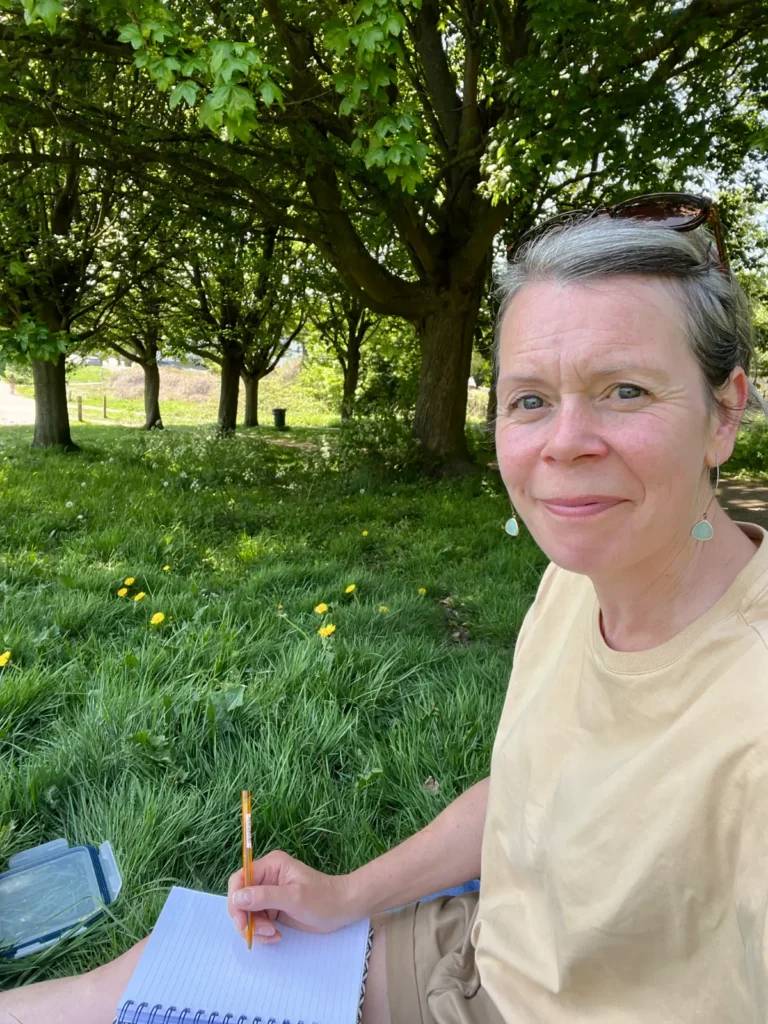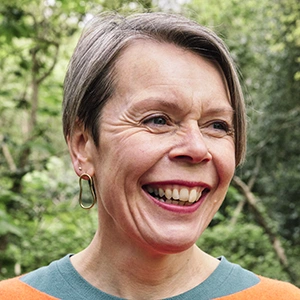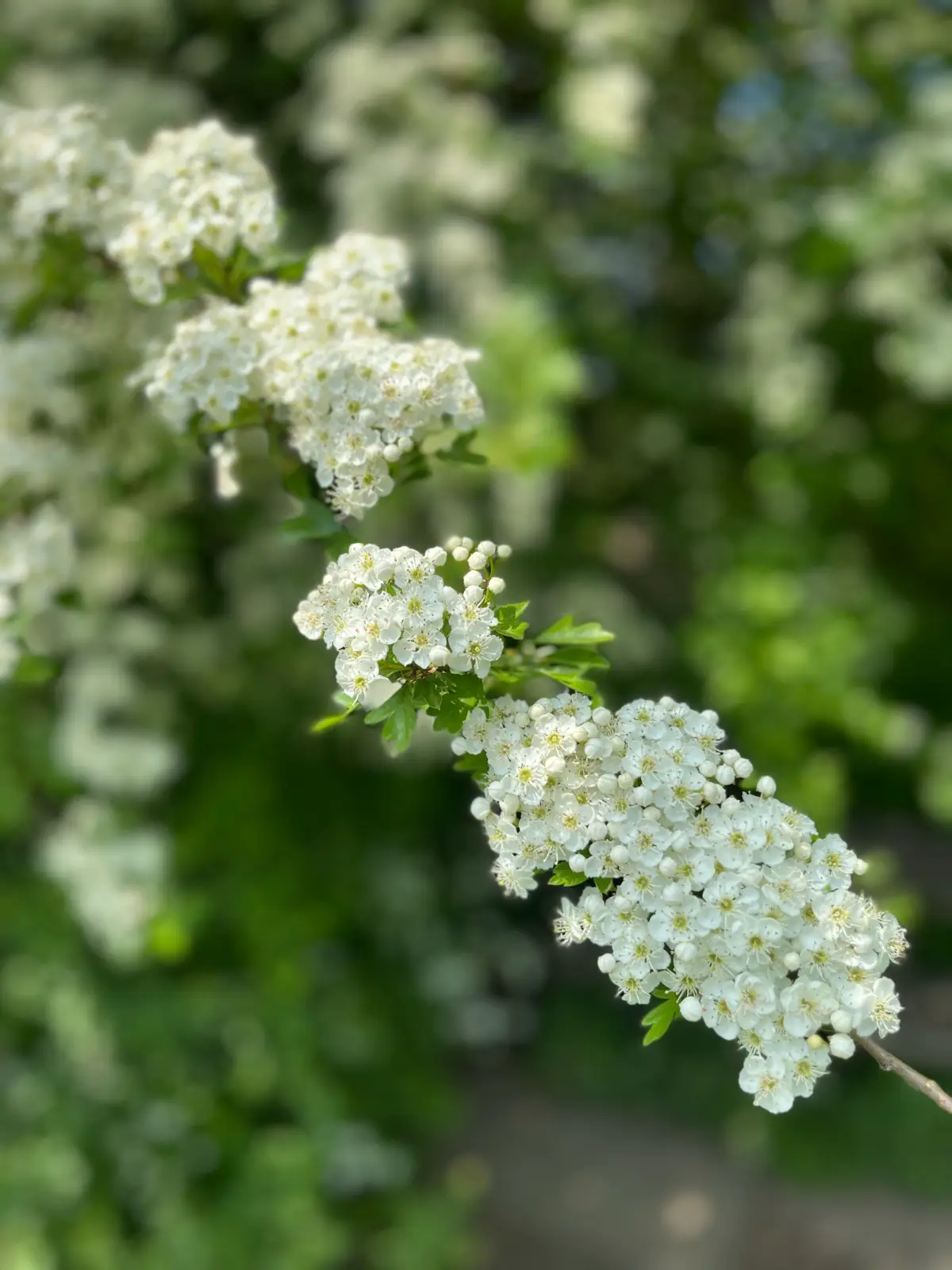If you’re in midlife and juggling responsibilities and decisions — caring for children, ageing or ill parents, demanding work, and your own mental load and wellbeing — you’re not alone. It can feel like everything matters and needs your attention right now.
The result? Overwhelm, exhaustion, spiralling negative thoughts, and a creeping sense of losing yourself in the process.
This post isn’t another thing for your to-do list. It’s an invitation to pause: to step away from the noise, and gently reconnect with what yourself. Coaching can offer that space. To get you started, here are five powerful coaching questions. Just choose one.
Why is midlife so overwhelming?
Midlife is a time of both transition and I think, accumulation. By the age of 45, my own internal pressures — my expectations of where I should be, in a career that was no longer serving me — had built up to a tipping point. I was unhappy and trying to change my situation, but what I needed and hadn’t quite realised, was to change from within. Life coaching helped me change my perspective, increase my confidence and have agency.
You might be:
- Raising children or supporting teens through important life stages
- Caring for elderly or unwell parents
- Navigating a career that no longer feels right — or one that demands more than you can give right now
- Dealing with hormonal shifts and perimenopause (without realising it in the background, or more obvious in the foreground). Read more about my career change from HR to Coaching here.
- Carrying a mental load of responsibilities
It’s all connected. Decisions in one area rippling out, impacting others.
Many of my midlife life coaching clients (that’s a mouthful!) are navigating this overwhelm of life decisions: emotional fatigue, fluctuating hormones, career questions, questions on ‘who am I?!’, daily logistics… And as one client recently said, “I just can’t think straight.”
How coaching can help
The type of life coaching I offer — solutions-focused, transformational, grounded in positive psychology and outdoors in nature — creates a quiet space to breathe, reflect, and take action. It helps you untangle the overwhelm little by little, at your pace.
Coaching doesn’t hand you answers — it helps you find the ones that fit for your life. Some types of coaching are more directive or performance-based (particularly in corporate settings), or even AI-based, and these suit different needs. But the coaching I offer centres you in midlife: developing your self-awareness, deepening your insight, grounding your values, broadening your agency.
Is it coaching or therapy I need?
If you’re feeling what I’ve described, you might be wondering: “Would therapy be better for me?” I’m often asked this during free intro calls, or even while working with clients. When I think therapy might be more helpful, I say so.
I asked Juliana Moro, a London-based psychotherapist, to share her perspective:
“Talking therapies may be more helpful if you want to understand and resolve emotional, behavioural or psychological issues, often rooted in past experiences. These experiences can shape how you respond to overwhelm in midlife. Depending on your needs, you might explore psychodynamic therapy, person-centred therapy or cognitive behavioural therapy (CBT).”
👉🏽Find Juliana via Relational Spaces
You might also like this article about what to look for in a coach or therapist:
👉🏻 3 Qualities of Great Coaches and Therapists – by Nick Wignall
5 Coaching Questions to Help You Reconnect and Reset
(Without overthinking it)
Sometimes you just need a starting point. These questions are designed to help you slow down and untangle your thoughts, one step at a time. Choose one that sparks curiosity and try one of my favourite approaches:
- Take your question for a walk in nature – but don’t think about it – yet. When you arrive at your green (or blue) space, notice what’s around you – take 10–20 minutes. Take in your surroundings, the season, before gently turning to answer your chosen question.
- Journal somewhere different and appealing. Outdoors under a tree? A cosy café with your favourite drink? Let your thoughts wander first, then write.
- Reflect while the kettle boils. Let the question sit gently in your mind — no pressure, yet effective for top-line thoughts.
- Try peer-coaching outdoors. Take turns walking and listening with a friend or colleague. No advice, no fixing — just time and space to think.

5 Coaching Questions:
1. If you had to press pause on everything, what one thing feels most urgent or important right now?
→ A way to cut through the noise and find a place to begin.
2. Imagine your future self looking back on this period: what would she want you to focus on first, and why?
→ A gentle way to find perspective and self-compassion.
3. What do you need most right now — physically, emotionally or mentally — to feel even just a tiny bit more like yourself again?
→ Because small shifts matter.
4. Candidly, which part of this overwhelm feels yours to carry? And which part could you delegate, share or simply let go of?
→ Overwhelm often comes from carrying things that don’t fully belong to us.
5. If you trusted yourself completely, what decision would feel right?
→ Your intuition is still there. This helps you hear it.
Ready to slow down a little more?
If one of these questions resonated, try returning to it. Is there a small step you could take? A new question to explore? Or maybe just the act of pausing and reflecting was enough — for now, and it’s good to recognise that.
If being outdoors helps you slow down and think clearly, I’ve created a free guide to support just that. Join my mailing list (scroll down) to receive it.
You don’t have to do it all, or by yourself
If you’re navigating big life or career decisions, or just feeling lost in the swirl of it all, life coaching can offer space, support and clarity.
I work with midlife women and men outdoors and online, helping them unlock their potential and move forwards calmly and confidently.
👉🏻 Find out more about 1:1 coaching with me, or group coaching outdoors in your organisation. Click on the button and let’s talk.

👉🏻 Or join my group life coaching walk and talk for midlife women, monthly at Beckenham Place Park. I run these with Janine, the coach that helped my overwhelm in midlife 🙌🏻: Pause Outdoors

